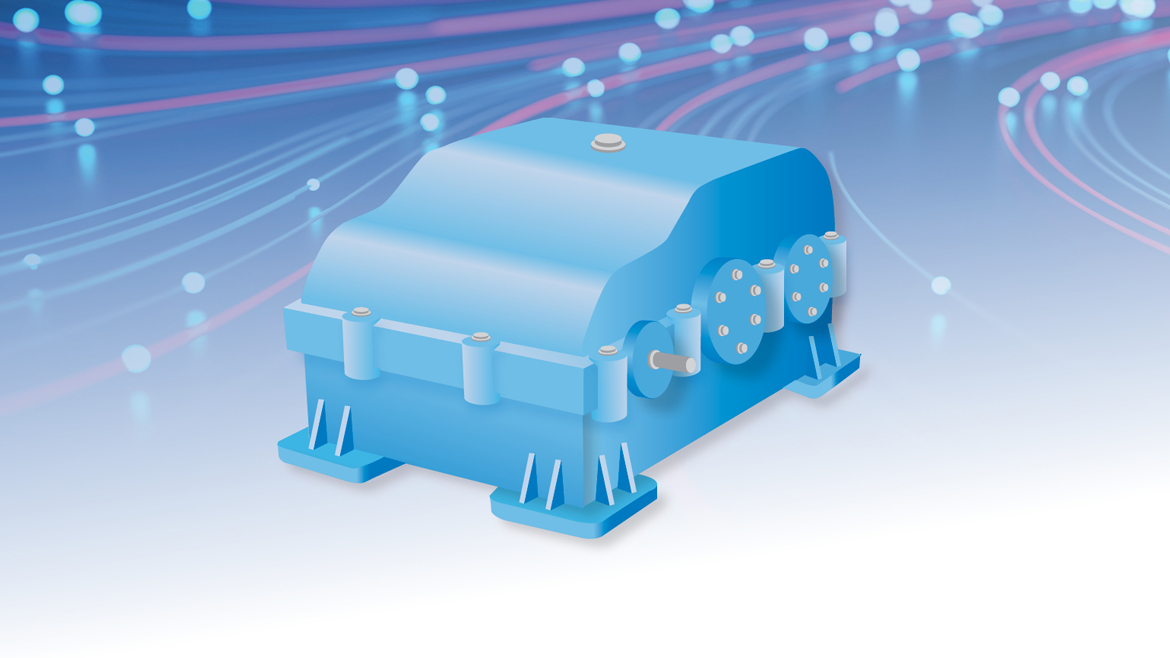Mobile:+86-311-808-126-83
Email:info@ydcastings.com
150mm Pipe Cap Specifications and Installation Tips for Optimal Performance
The Importance of 150mm Pipe Caps in Piping Systems
In various industries, effective piping systems are crucial for the transportation of fluids and gases. One component that plays a significant role in ensuring the functionality and safety of these systems is the pipe cap, particularly those with a diameter of 150mm. Pipe caps are used to close off the ends of pipes, preventing leakage, contamination, and the entry of foreign materials. In this article, we will explore the significance, applications, and benefits of using 150mm pipe caps in piping systems.
Understanding Pipe Caps
Pipe caps are fittings that are placed at the end of a pipe to seal it off. They come in various sizes, materials, and designs, with 150mm being a common diameter used in many applications. The primary function of a pipe cap is to provide a permanent or temporary closure, depending on the requirements of the piping system. Made from materials such as PVC, steel, or stainless steel, pipe caps are designed to withstand pressure and environmental stress, ensuring that they perform effectively over time.
Applications of 150mm Pipe Caps
The versatility of 150mm pipe caps allows them to be utilized in a variety of applications. Commonly found in water supply systems, drainage systems, and industrial pipelines, these caps help maintain the integrity of fluid transport. In water supply systems, for instance, 150mm pipe caps are often used to seal off unused connections or as part of a larger system to manage flow and pressure.
In wastewater treatment facilities, the caps can help prevent spills and leakage, thus protecting the environment from contamination. Additionally, in industrial settings, where hazardous materials may be transported, 150mm pipe caps play a crucial role in ensuring safety by preventing accidental leaks and spills.
Benefits of Using 150mm Pipe Caps
150mm pipe cap

1. Leak Prevention One of the most significant advantages of installing a 150mm pipe cap is its ability to prevent leaks. By securely sealing the pipe, these caps minimize the risk of fluid escaping, which can lead to environmental hazards and costly damages.
2. Cost-Effectiveness Using pipe caps is a cost-effective solution for managing your piping systems. They are relatively inexpensive compared to other fittings and components, yet they offer substantial protection and enhancement to the system’s durability.
3. Maintenance Ease Cap installations typically do not require extensive maintenance. However, if a pipe system needs to be accessed later, caps can be removed easily. This ability makes it convenient for future maintenance work or inspections without the need for costly alterations.
4. Versatile Materials With a variety of materials available, including plastic and metal, 150mm pipe caps can be selected based on the specific needs of the system. For instance, stainless steel caps may be used in high-pressure applications, while PVC caps may be sufficient in less demanding environments.
5. Time-Saving Installation Installing 150mm pipe caps is generally straightforward, which saves time during installation. Quick installation means that projects can proceed without unnecessary downtimes, enhancing overall productivity.
Conclusion
In summary, 150mm pipe caps are essential components of effective piping systems across a wide range of industries. Their ability to prevent leaks, ease of installation, and versatility in application make them a vital choice for engineers, plumbers, and industrial operators. As industries continue to prioritize safety and reliability, the importance of high-quality pipe caps will remain prominent. Investing in reliable piping components, such as the 150mm pipe cap, is not just a matter of compliance; it is a commitment to operational excellence and environmental stewardship.
-
Understanding Metal Casting TechniquesNewsApr.02,2025
-
Understanding Exhaust Manifolds for Enhanced Engine PerformanceNewsApr.02,2025
-
The World of Metal FabricationNewsApr.02,2025
-
Key Components for Pump and Turbo EfficiencyNewsApr.02,2025
-
Essential Tools for Automotive Maintenance and RepairNewsApr.02,2025
-
Durable Valve Components for Effective Water ManagementNewsApr.02,2025











